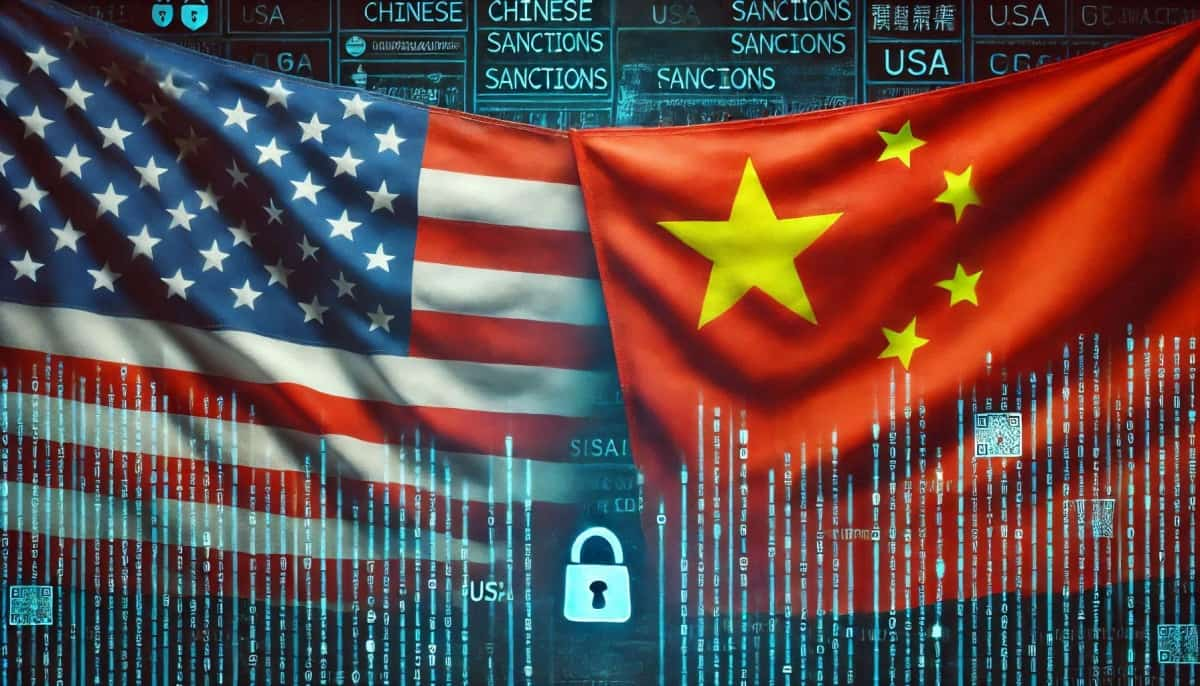Are US Tech Execs Really Asking for a ‘Great Firewall of America’ to Block Chinese AI?

The launch of DeepSeek’s low-cost R1 model has sent shockwaves through Firewall Silicon Valley, sparking concerns and even panic among tech executives. Many of these leaders are now urging the U.S. government to step in and protect their AI companies from the “dangers” of a free market, which could see competition from powerful Chinese AI startups. While some in the tech world are applauding DeepSeek’s achievements, others are pushing for stricter export controls on AI chips—particularly those from Nvidia—hoping to block China’s access to these crucial resources.
The Growing Fear of China’s AI Dominance
Dario Amodei, CEO of AI company Anthropic, is one of the loudest voices calling for stronger export restrictions. In a recent blog post, Amodei argued that enforcing Firewall export controls on Nvidia’s AI chips is essential to preventing China from obtaining the technology needed to develop its own AI systems. He believes that without these controls, the global balance of power could shift, creating a “bipolar world” with competing AI superpowers instead of a single dominant force led by the U.S.

This sentiment is echoed by U.S. lawmakers. Some are calling for tighter restrictions on advanced AI hardware, fearing that a Chinese AI system could gain a competitive edge in the global marketplace by dominating domestically. These concerns have led to rising pressure in Washington to limit access to AI chips, which could help China build more powerful AI systems.
Silicon Valley executives are increasingly calling for a U.S. version of China’s “Great Firewall” to protect American AI dominance from growing competition, particularly from Chinese companies like DeepSeek. Fearing that Chinese AI could outpace U.S. systems, many tech leaders are demanding tighter export controls on critical components, such as Nvidia’s AI chips. This push for Firewall protectionist measures has sparked debate about whether such restrictions would stifle innovation or safeguard national security, with some questioning the hypocrisy of advocating for a firewall when U.S. leaders have long criticized China for similar tactics.

Credits: Cyber DB
A Hypocritical Stance?
However, many see this push for Firewall export controls as hypocritical. U.S. leaders have long criticized China’s “Great Firewall”—a system that blocks or limits access to foreign websites, including ChatGPT, and forces citizens to rely on domestic alternatives. Now, some of these same leaders are calling for similar restrictions in the U.S. to prevent Chinese AI companies from catching up with American giants.
On Thursday, two members of the House Select Committee on the Chinese Communist Party—Rep. John Moolenaar and Rep. Raja Krishnamoorthi—called for restricting Nvidia’s H20 AI chips. They suspect that DeepSeek, a Chinese startup, has used these chips (and more advanced versions) to power its AI models, potentially gaining a significant edge in the global race for AI dominance. In a joint statement, they emphasized the importance of preventing Chinese AI systems from gaining market share in the U.S. while acquiring American user data.
The Impact on Nvidia
This push for Firewall export controls is not only a political issue—it could also have financial repercussions for Nvidia. The company developed the H20 chip as a workaround for previous restrictions on its more powerful H800 chip, which was specifically created for the Chinese market. While Nvidia insists that it has not seen evidence that chips meant for Singapore are being diverted to China, the controversy could still affect its business operations, especially if export restrictions become more stringent.

The Fine Line Between Innovation and Protectionism
The debate over DeepSeek and AI export controls highlights the tension between fostering innovation and protecting national interests. While some argue that restrictions are necessary to safeguard U.S. leadership in AI, others see these moves as counterproductive and hypocritical, echoing the very practices they criticize in China. The future of AI will likely depend on finding a balance between free-market competition and the protection of sensitive technologies. As the conversation continues to unfold, it remains to be seen whether these tensions will stifle or fuel the next wave of AI innovation.






